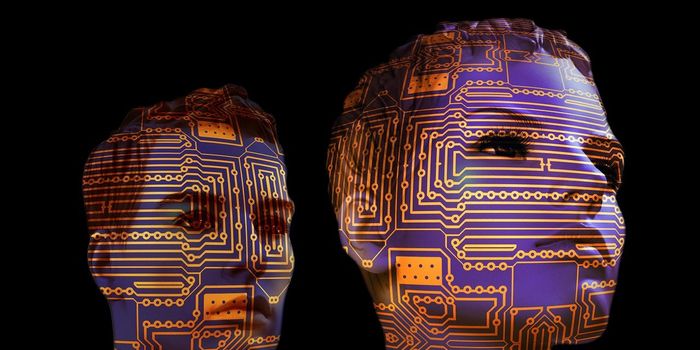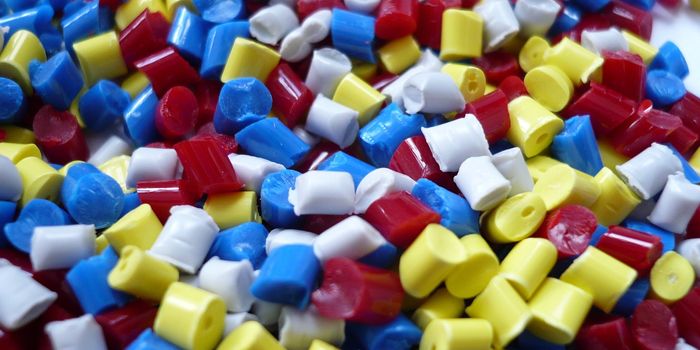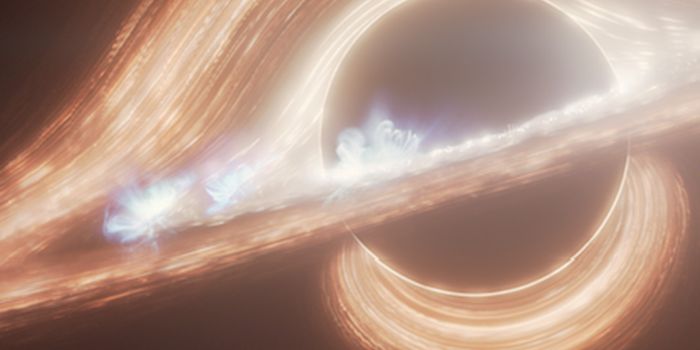What mass-less electrons mean for our electronics
Research published in ACS Nano highlights the discovery of Dirac electrons, or electrons that behave as if they have no mass, in a phase-change material used in CDs and DVDs. This discovery could open doors for the development of faster electronic devices. ACS Nano is a journal of the American Chemical Society.
"Phase-change materials have attracted a great deal of attention owing to the sharp contrast in optical and electrical properties between their two phases," said study author Akio Kimura, who is a professor in the Department of Physical Sciences in the Graduate School of Science and the Graduate School of Advanced Science and Engineering at Hiroshima University.
"The electronic structure in the amorphous phase has already been addressed, but the experimental study of the electronic structure in the crystalline phase had not yet been investigated."
The compound in the phase-change material they found is called GeSb2Te4. Phase-change materials are those that have shifting atomic structures under heat, changing from amorphous to crystalline.
GeSb2Te4 is unique because its crystalline phase has Dirac electrons and behaves like graphene. Meanwhile, explains study author Munisa Nurmamat, "The amorphous phase shows a semiconducting behavior with a large electrical resistivity while the crystalline phase behaves like a metallic with a much lower electrical resistivity. The crystalline phase of GeSb2Te4 can be viewed as a 3D analog of graphene," says Nurmamat, who is an assistant professor in the Department of Physical Sciences in the Graduate School of Science and the Graduate School of Advanced Science and Engineering at Hiroshima University.
While graphene is already used as a high-speed conducting material, it has its own shortcomings in electronic devices. GeSb2Te4 offers a more efficient material that pairs speed and flexibility. Because each phase has individual, reversible properties, it can be utilized in electronic devices where information needs to be repeated over and over.
Sources: ACS Nano, Eureka Alert








